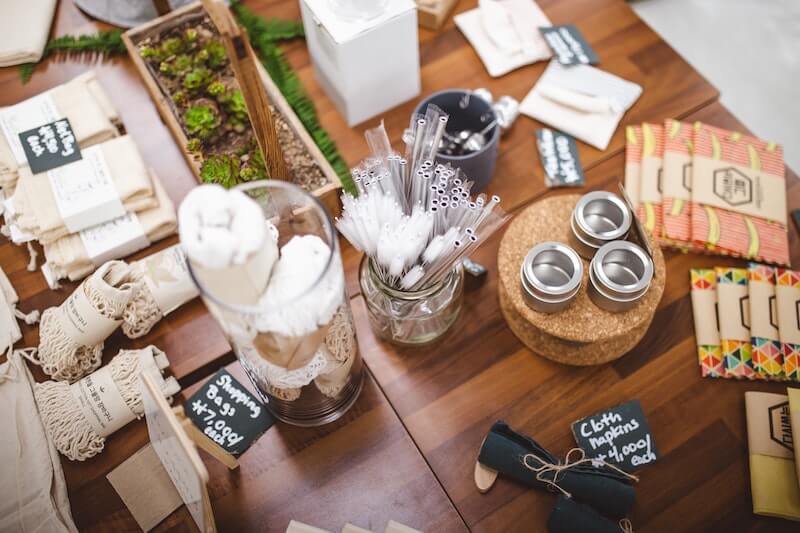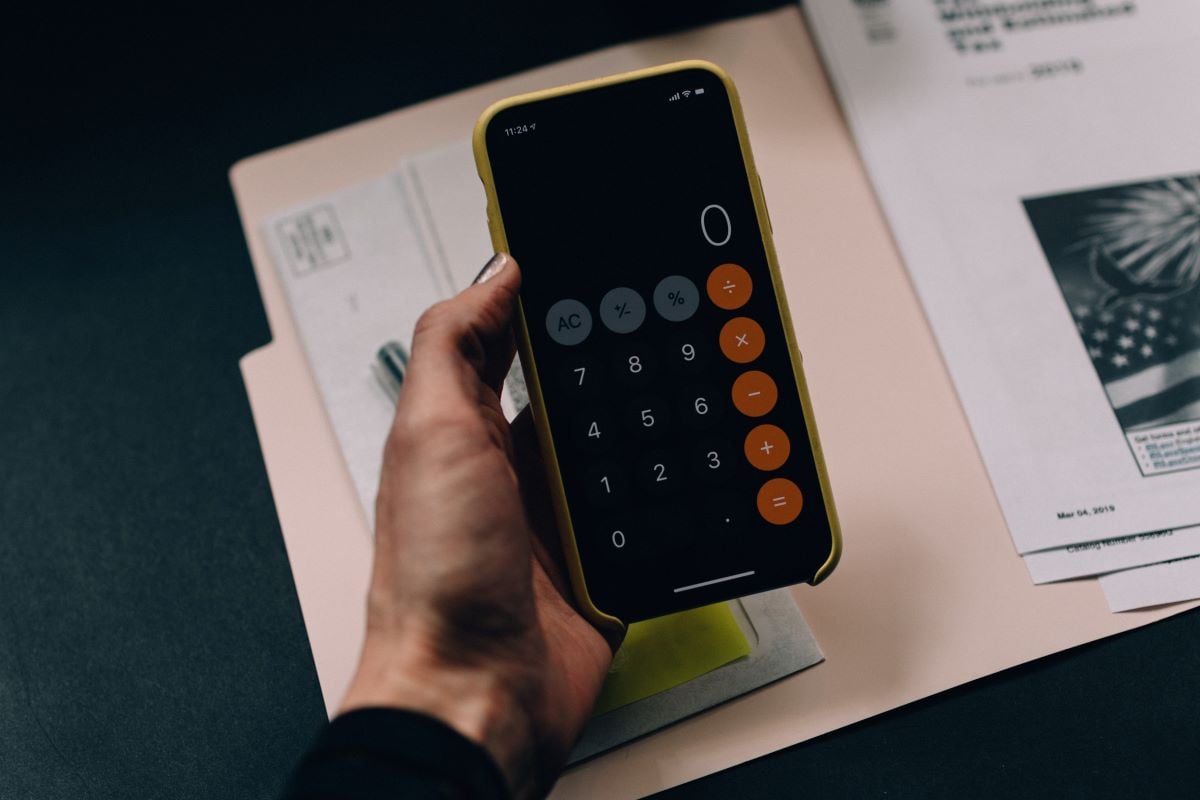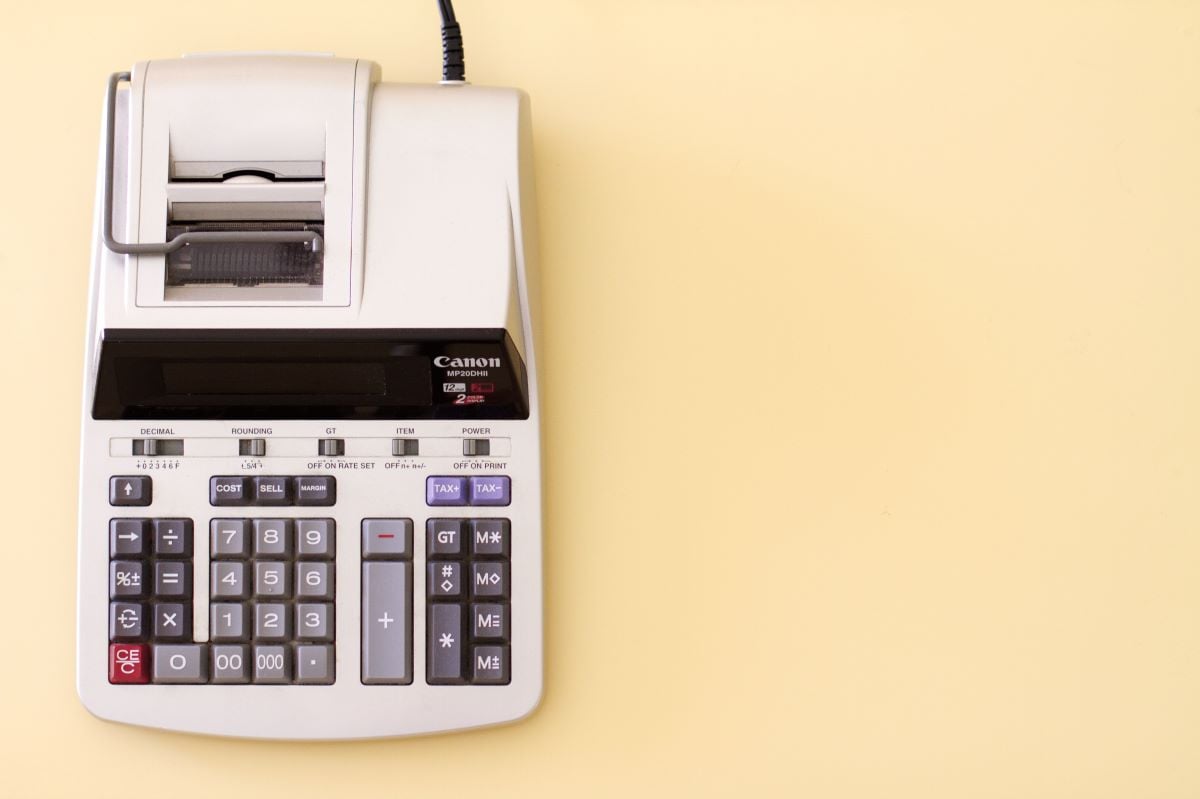
RRP stands for ‘recommended retail price’, but what does that actually mean? The recommended retail price is the suggested price that an item should be sold for. Other names for RRP include: list price, manufacturer’s suggested retail price (MSRP) or suggested retail price (SRP). RRP is generally the most common term in the UK, whereas MSRP is more commonly used in the US.
On this page
1. Do you have to sell items for RRP?
2. What is RPM?
3. How to calculate RRP as a supplier
4. Suggested margin for retailers
As a retailer, can you charge more than RRP?
In the UK, the recommended retail price is just that — a recommendation. As a retailer, you are free to sell above or below this price, but there are some important legal requirements to take into account (remember, if you’re ever in doubt, your best bet is to seek professional legal advice).
- You can sell products at below the recommended retail price, so long as this is not ‘predatory pricing’ — i.e. the goal of doing so isn’t to ‘eliminate or damage the sales of smaller businesses’
- If a supplier pressures you into agreeing to not sell below the recommended retail price, this could be illegal — we’ll get to that in the next section
- If you are selling at a different price than the RRP, you need to make sure your own pricing label covers any price printed directly on the product to avoid confusion
- If you are advertising a discount against the RRP, this needs to be truthful — for example, you can’t say ‘RRP £15, now £10’ if you normally sell the item for less than £15 anyway
How to calculate RRP as a supplier
If you’re a supplier, you likely know how much you need to charge retailers in order to make a profit for your own business. But what’s the best way to go about calculating the price your retailers need to sell at?
The difference between the cost of creating your goods, and the final cost the customer pays, is known as margin. This is what will need to cover your profit, and the profit (and costs) of your retailers, and any distributors, or marketplace commission. For more information on margin calculations, read our Markup vs. Margin Calculator blog post.
‘Adequate’ margin for retailers depends on many factors, like their own setup (brick and mortar store, or just ecommerce?) and marketing efforts/costs. But, there are broad trends and expectations across categories, which should be more helpful as a guideline.
Suggested margin for retailers (minimum)
Taking marketplace/distributor costs out of the equation for a moment, here’s what we recommend you leave for retailers in the way of margin in order to be competitive in your sector:
| Category | Suggested margin for retailers (minimum) |
| Beauty and wellbeing | 35 – 40% |
| Homeware and home decor | 45 – 50% |
| Kids clothing and items | 50 – 60% |
| Stationery | 45 – 55% |
| Fashion and accessories | 45 – 55% |
| Pet accessories | 30 – 40% |
| Food and drink | 30 – 40% |
So for example, if you have a beauty product which retails for £10, the retailer will generally expect to pay a maximum of £6.50 for it. Within this £6.50, you need to cover your own costs and profit, and any distribution charges.
Now you've got a handle on RRP and RPM meanings, why not get to grips with some other common business initialisms and acronyms like EORI, DDP, or SEO.
FAQs
1. How is RRP calculated?
RRP = (Producer Margin% x Unit Cost x Quantity per package) + Retailer product margin.
2. Is RRP with or without VAT?
3. Is it illegal to sell below RRP?
It's not illegal to sell products below the RRP. However, it is illegal to sell products for below cost price if the goal is to eliminate or damage a competitor. This is called predatory pricing.
4. What is RPM?
RPM stands for ‘Retail Price Maintenance’. According to the UK Government website, Retail Price Maintenance is where 'a supplier and a retailer agree that the retailer will not resell the supplier’s products below a specified price.’
RRPs can therefore be RPM or not RPM. If they’re RPM, the retailer feels incentivised to sell products at a certain price (e.g. they have been offered a financial reward for doing so, or received a threat for not doing so).
RPM agreements are generally unlawful in the UK, as they are often considered anti-competitive, and not in the best interests of customers. So you should seek legal advice immediately if you feel you are being drawn into one. Even following a ‘minimum advertised pricing policy’ could be breaking the law.
Not registered with CREOATE yet? Sign up now and shop wholesale with us today.
Related Articles:
Browse Popular Categories at CREOATE: Wholesale Jewellery | Wholesale Gifts | Wholesale Stationery | Wholesale Beauty Products | Wholesale Mugs | Wholesale Homeware | Wholesale Pet Supplies | Wholesale Gourmet Food | Wholesale Garden & Outdoor | Wholesale Baby & Kids Products
Browse Trending Collections on CREOATE: Wholesale Halloween | Wholesale Mother's Day Gifts | Wholesale Father's Day Gifts | Wholesale Valentine's Day Gifts | Wholesale Spiritual Supplies
>> View all








